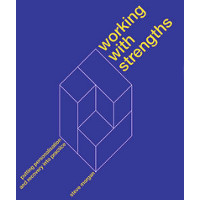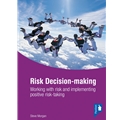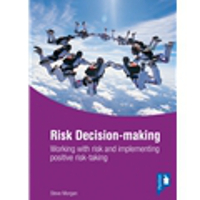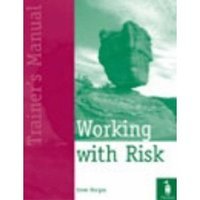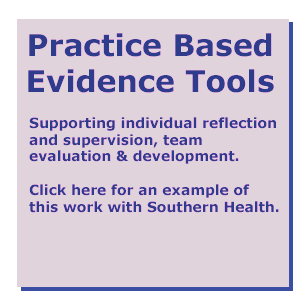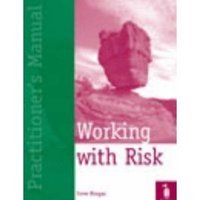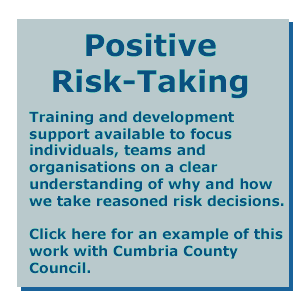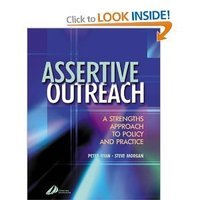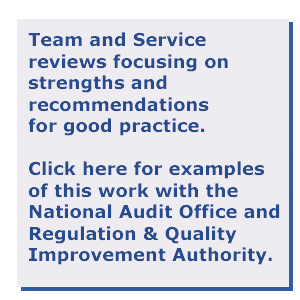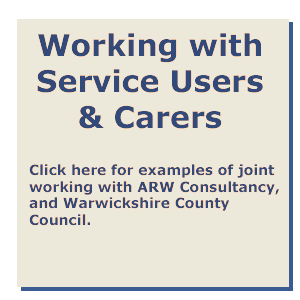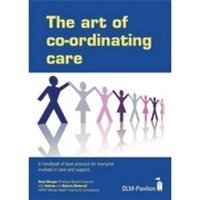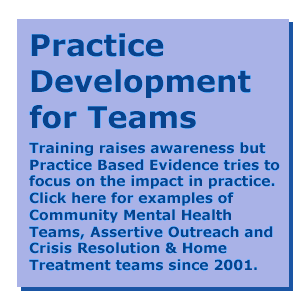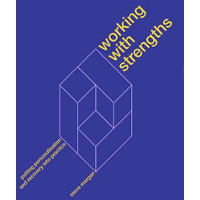How effective are your 'meetings'?
 Thursday, March 29, 2018 at 1:30PM
Thursday, March 29, 2018 at 1:30PM In this video I define what a meeting is, provide 11 negative observations on how they play out, and offer 7 reflections on what can contribute to making them effective for everyone involved.
https://youtu.be/eLn1alRHVHc
This presentation is part of a wider email sequence offering subscribers an abundance of FREE and practical information to implement in your own practice, and that of others around you. Click on the following link, and follow the simple instructions, if you want to subscribe to the email list (no spam is sent!):
https://positiverisktaking.lpages.co/working-with-strengths-2/

